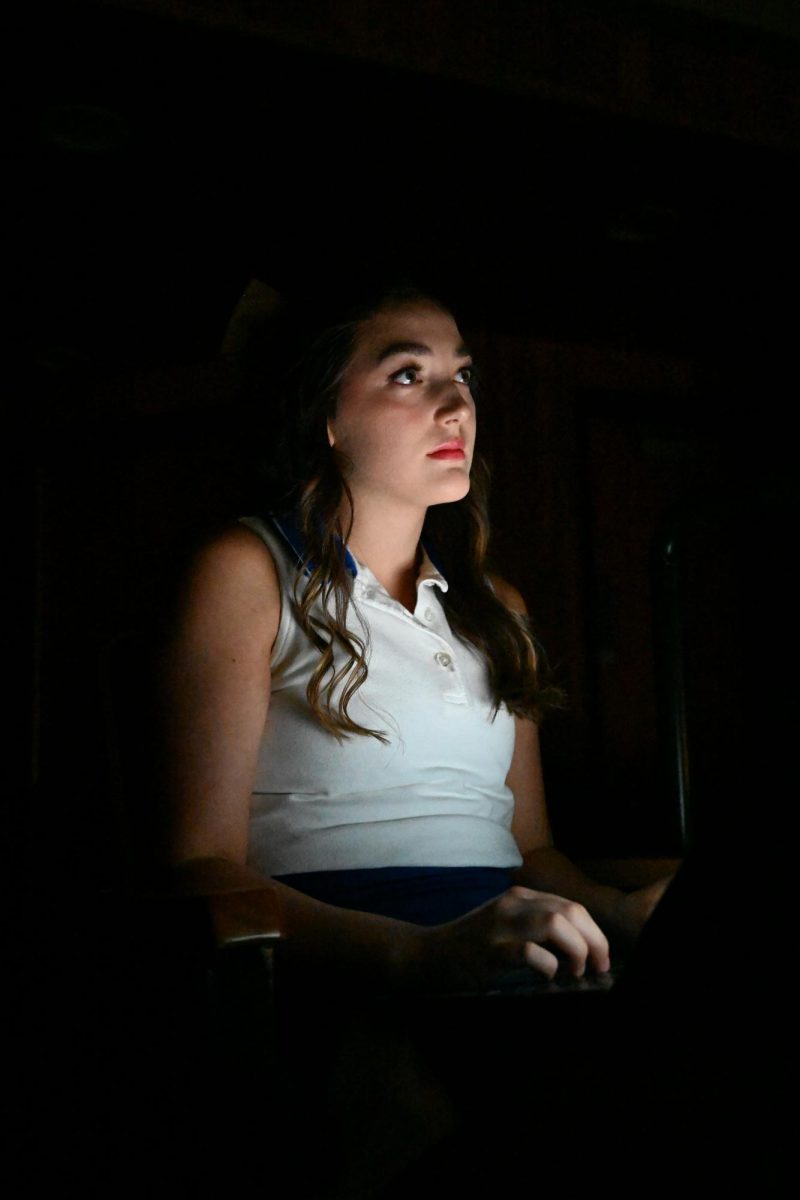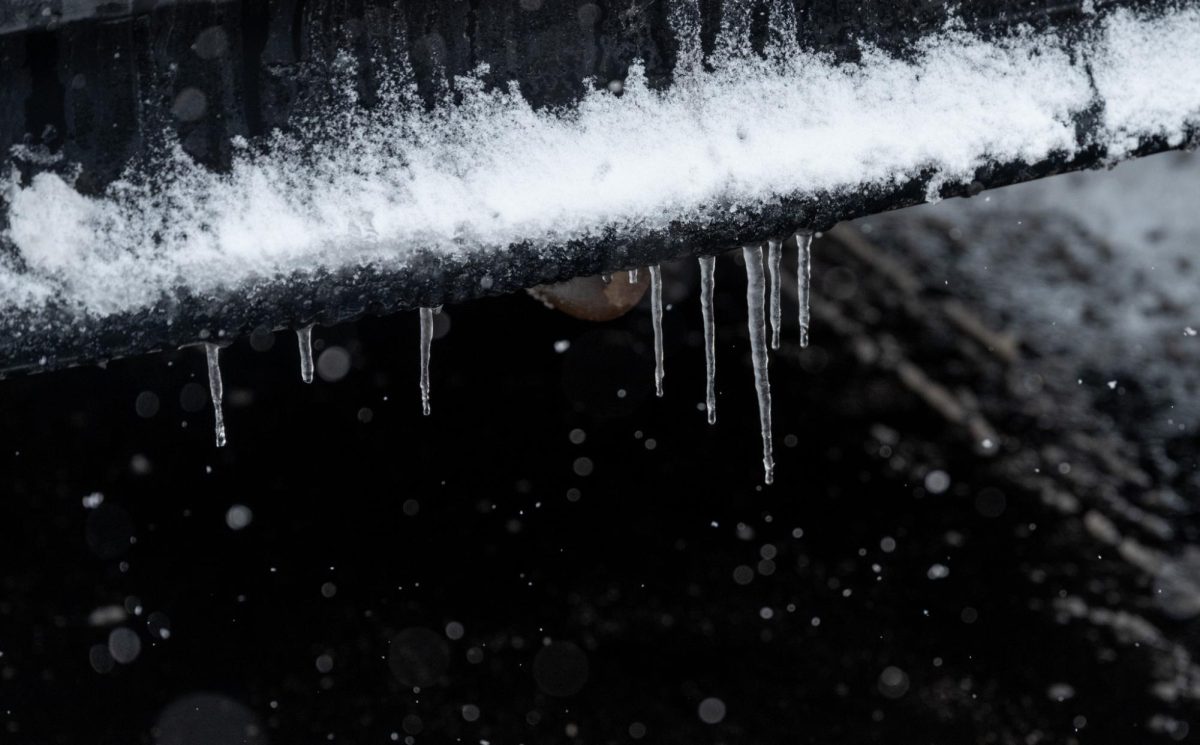The beauty industry contributes to the global waste of plastic, water, and unrecyclable materials, producing about 120-150 billion units of packaging globally, according to 4Ocean.
To remedy this issue, many people have turned to companies that primarily use natural ingredients and recycled packaging.
Free from harsh chemicals, natural products are less likely to cause allergic reactions or irritations. Many buyers purchase soaps made with animal milk because they are commonly more gentle for the skin. If an allergic reaction does occur with the use of natural cosmetics, it would likely be due to ingredients such as essential oils, natural rubber, and natural dyes like beetroot and madder, according to Formula Botanica. Some ingredients are completely raw, like baking soda, while others have no proven benefits and are added because it’s a popular trend, like using lemon juice to whiten teeth.
Sometimes, companies use marketing strategies to convey they care about the environment. “Greenwashing” is a term used to describe when companies – like Rhode by Hailey Bieber, Burt’s Bees, or Dr. Barbara Sturm – produce minimalistic packaging wrapped in neutral colors, showing they are “more sustainable” than other brands.
Over 70% of cosmetic packaging is non-recyclable. As of 2018, almost 7.9 billion units of rigid plastic were created just for cosmetics in the U.S. alone, according to Euromonitor International. On all products, there is a resin identification code (RIC), appearing in a triangle of arrows, showing the grade of plastic. Plastics labeled 1 and 2 can be recycled, but numbers 3, 6 and 7 cannot and should go in the trash. Some recycling centers can process plastics labeled 4 and 5, so call your local center to see if they accept those containers before throwing them away. While natural cosmetics can be made well, remaining cautious of misleading marketing, making thoughtful purchasing decisions, and continuing to recycle, will truly help reduce global waste.






















